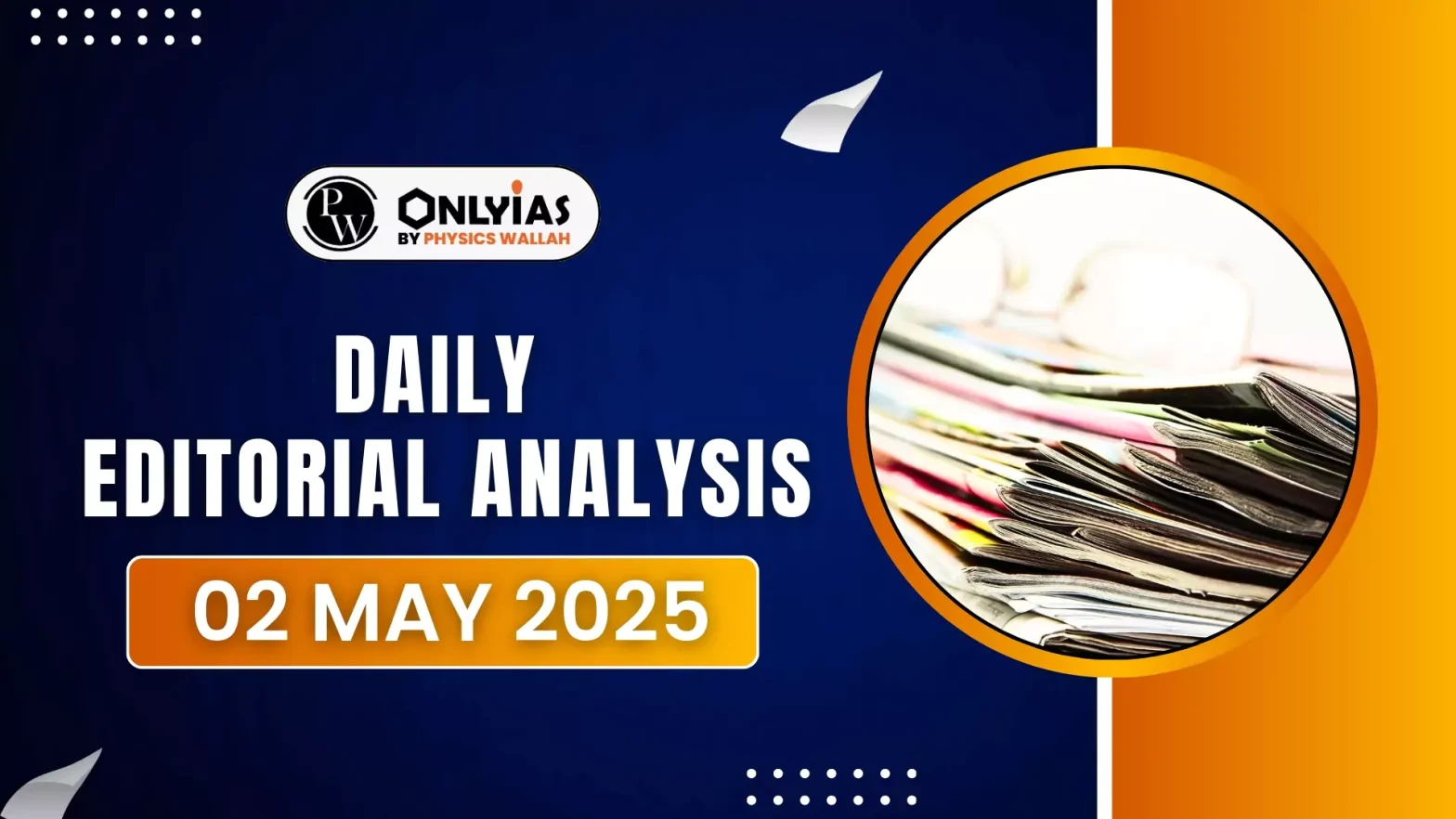On May 1, the Punjab Government ordered enhanced security at Nangal Dam, following tensions over a water-sharing dispute with Haryana.
Background of the Issue
- Controversial Order: A day earlier, the Bhakra Beas Management Board (BBMB) ordered the release of 8,500 cusecs of water to Haryana — a move vehemently opposed by Punjab.
- Haryana’s Demand: The row started after Haryana sought 8,500 cusecs of water from Bhakra Dam during an April 23 meeting. Currently, it receives 4,000 cusecs daily.
- Conflict: Haryana CM Nayab Singh Saini called Punjab CM Bhagwant Mann, citing drinking water needs. Mann refused, stating Punjab has no water to spare.
Outcome of the Meeting
- Voting Split: At the BBMB meeting chaired by Manoj Tripathi, Haryana, Rajasthan, and Delhi (all BJP-ruled or NDA allies) voted in favour of the release.
- Punjab Isolated: Punjab opposed the decision, while Congress-ruled Himachal Pradesh remained neutral, choosing not to vote.
Conflict regarding the Dam
- Linkage: Though often grouped, the Bhakra Dam is located in Himachal Pradesh, while Nangal Dam lies in Punjab. Both are part of the same river system.
- Punjab’s Argument: According to Punjab, annual allocations by BBMB for this year are:
- Punjab: 5.512 MAF
- Haryana: 2.987 MAF
- Rajasthan: 3.318 MAF
- Punjab claims Haryana has already used 3.110 MAF — 104% of its quota.
- Haryana’s Justification: Haryana insists it needs water for drinking purposes, particularly in Hisar, Sirsa, and Fatehabad, which are facing acute shortages.
- Below Average Water Levels: Punjab cites low snowfall as the reason for reduced water reserves:
- Pong Dam: 31.87 ft lower than last year
- Ranjit Sagar Dam: 16.90 ft lower
- Bhakra Dam: 12 ft lower
- Shift in Policy Focus: Since AAP came to power, Punjab has prioritised canal irrigation over groundwater to manage water stress.
Expert Opinion
- AS Dulet’s Perspective: AS Dulet, a noted water expert from Punjab, stated that supplying drinking water to Haryana temporarily “is not likely to pose a problem.”
- Short-Term Adjustments: He emphasised that such inter-state water issues are common, and adjustments can be made without violating the quota framework, provided they are temporary and mutually compensated.
- Timing of Agricultural Demand: According to Dulet, Punjab will require more water around May 24–25, just before paddy transplantation begins from June 1.
- Conditions for Cooperation: Dulet asserted that while temporary flow adjustments are possible, each state’s quota must remain sacrosanct. “Extra water now must mean compensation later.”
- Warning: He warned that giving additional water from one state’s share to another would be “wrong” and could set a dangerous precedent.
- Unprecedented Situation: A Punjab government official said the forced water release is unprecedented and not acceptable to the state.
Conclusion
Punjab is now exploring legal options to contest the BBMB order. The government remains firm . “It will not allow even a drop to go across.”
![]() 2 May 2025
2 May 2025

